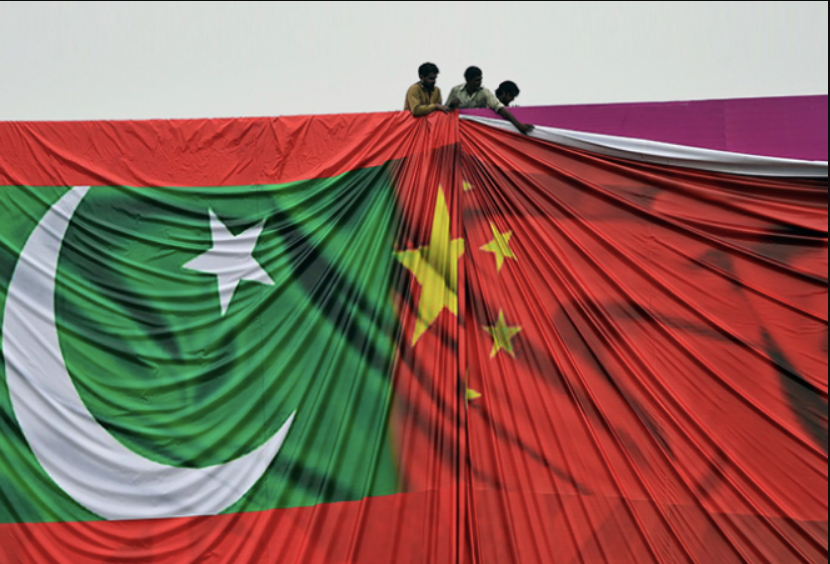BEIJING: In a landmark development for Pakistan’s agricultural future, the Ministry of National Food Security and Research has confirmed the acquisition of 945 advanced rice germplasm lines from China and the International Rice Research Institute (IRRI), a move that experts say will redefine the country’s rice breeding capabilities and deepen scientific cooperation with China.
The milestone, achieved under the Productivity Enhancement of Rice Project (2019–2025), reflects Pakistan’s growing reliance on Chinese agricultural science, genomic innovations, and climate-resilient technologies.
These germplasm lines, especially the Chinese-origin thermosensitive genic male sterile (TGMS) material, are considered essential for the next generation of hybrid rice varieties that can withstand rising temperatures, water scarcity, and evolving crop diseases.
According to the ministry’s project documentation, Pakistan has already begun translating this scientific input into results. The country has successfully developed 14 new rice varieties, distributed 3,885 tons of certified seed, and set up 2,493 demonstration plots nationwide to help farmers shift to modern practices such as direct-seeded rice and mechanical transplanting—methods widely popularized in China under its smart-agriculture reform. The initiative is closely tied to the Sino-Pak Agricultural Breeding Innovations Project for Rapid Yield Enhancement (2020–2025), which has brought unprecedented technologies to Pakistan, including the country’s first intelligent glasshouse and a state-of-the-art IoT-based speed-breeding facility.
These facilities are modeled on Chinese genomics laboratories known for reducing breeding cycles from several years to mere months. The foundation of genome-based speed breeding was laid after the establishment of Pakistan’s world-class Next Generation Sequencing Facility at the National Agricultural Research Centre (NARC), a facility also developed with strong Chinese technical and networking support.
Officials underline that these advancements are not mere research achievements but strategic investments in food security, as Pakistan remains the world’s fourth-largest producer of rice and a key global exporter. With Chinese germplasm and IRRI collaboration, the country aims to boost both yield and resilience amid climate disruptions.
The project’s financial details further underscore its national priority: the Productivity Enhancement of Rice Project carries a massive allocation of Rs15.789 billion under the Public Sector Development Programme (PSDP). Meanwhile, the Sino-Pak Breeding Innovations Project has been allocated Pakistan Rs 611 million, signalling Islamabad’s commitment to long-term scientific cooperation with Beijing. –Agencies






